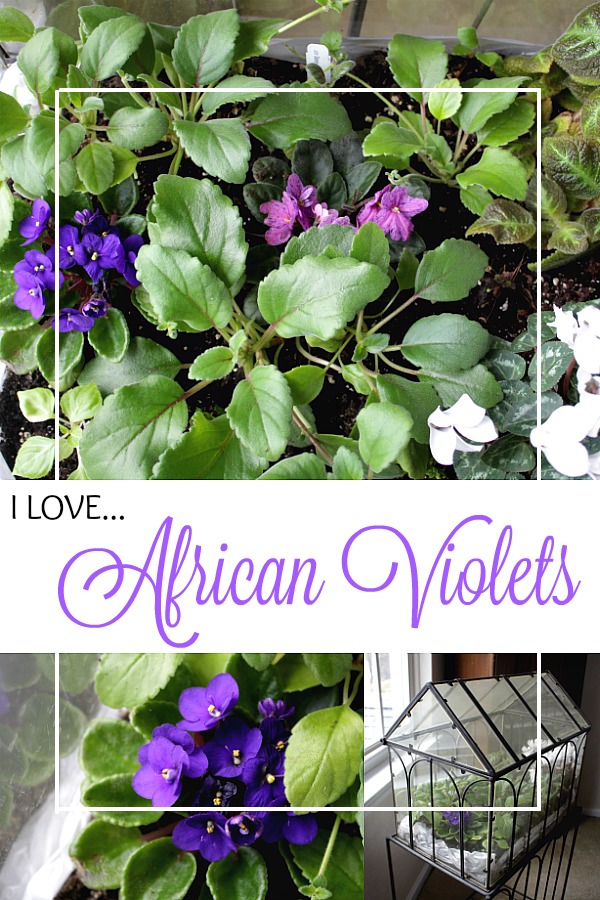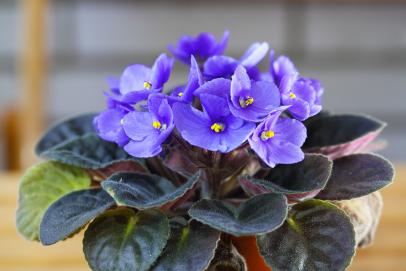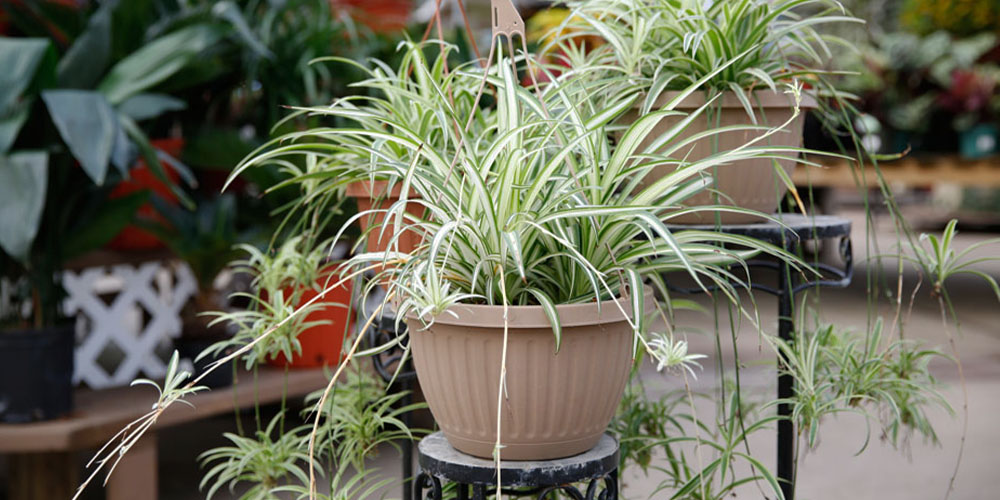African Violet Companion Plants: The Best Plants To Grow Together
African Violet Companion Plants: The Best Plants to Grow Together
African violets are beautiful and easy-to-care-for houseplants that can add a touch of elegance to any room. But did you know that they can also benefit from being grown alongside other plants? Companion planting is the practice of planting different types of plants together in order to create a mutually beneficial relationship. When done correctly, companion planting can help to improve the health, growth, and productivity of your plants.
So, what are the best companion plants for African violets? Here are a few of our favorites:
- Spider plants: Spider plants are known for their air-purifying qualities, and they can also help to keep the soil in your African violet pot moist.

- ZZ plant: ZZ plants are another low-maintenance plant that can thrive in low-light conditions. They can also help to absorb excess moisture from the soil, which can help to prevent African violets from getting root rot.

- Prayer plant: Prayer plants are known for their beautiful foliage, and they can also help to increase the humidity around your African violets.

- Snake plant: Snake plants are another drought-tolerant plant that can help to keep the soil in your African violet pot moist. They can also help to filter the air and remove toxins.

- Fiddle-leaf fig: Fiddle-leaf figs are large, tropical plants that can help to add a touch of drama to your indoor space. They also prefer indirect sunlight, which is ideal for African violets.

When choosing companion plants for your African violets, it is important to consider their light and water requirements. African violets prefer bright, indirect sunlight, so you will want to choose plants that have similar light needs. You will also want to make sure that the plants you choose have similar watering requirements. African violets do not like to sit in water, so you will want to choose plants that are also drought-tolerant.
In addition to considering light and water requirements, you may also want to consider the size and shape of the plants you choose. African violets are relatively small plants, so you will want to choose companion plants that will not overshadow them. You may also want to choose plants with different textures and colors to add visual interest to your arrangement.
With a little planning, you can easily find the perfect companion plants for your African violets. By planting these plants together, you can create a beautiful and healthy indoor garden that will bring you years of enjoyment.
Conclusion
Companion planting is a great way to improve the health, growth, and productivity of your African violets. By planting these plants alongside other plants that have similar light and water requirements, you can create a mutually beneficial relationship that will benefit both plants.
When choosing companion plants for your African violets, be sure to consider the size and shape of the plants as well as their light and water requirements. With a little planning, you can easily find the perfect companion plants to create a beautiful and healthy indoor garden.
African violets are beautiful and easy-to-grow houseplants, but they can look even more stunning when they're paired with the right companion plants. Some good options include:
- Prayer plants (Calathea spp.) These plants have large, colorful leaves that will complement the delicate blooms of African violets. They also have similar light and moisture requirements, so they're a good match.
- Purple heart (Setcreasea pallida) This low-growing plant has bright purple leaves that will add a splash of color to your African violet display. It's also tolerant of low light, making it a good choice for rooms that don't get a lot of natural light.
- Snake plants (Sansevieria spp.) These tough, drought-tolerant plants are perfect for people who forget to water their plants regularly. They also have long, sword-shaped leaves that will add a dramatic touch to your African violet collection.
For more information about African violet companion plants, visit Gardenia Inspiration. This website has a comprehensive list of plants that are compatible with African violets, as well as tips on how to create a beautiful and thriving arrangement.
FAQ of african violet companion plants
Q: What are some good companion plants for African violets?
A: African violets are relatively low-maintenance plants, but they can benefit from being planted with other companion plants. Some good choices include:
- Peace lilies: Peace lilies are also low-maintenance plants that thrive in the same conditions as African violets. They can help to increase the humidity around the African violets, which can help to prevent their leaves from drying out.

- Spider plants: Spider plants are another good choice for companion plants for African violets. They are tolerant of a wide range of conditions, so they can help to buffer the environment around the African violets. Spider plants also produce oxygen, which can help to improve the air quality around the African violets.

- Begonias: Begonias are a type of flowering plant that comes in a variety of colors and sizes. They can add a splash of color to a planter or pot with African violets. Begonias also prefer the same conditions as African violets, so they can make good companion plants.
- African daisy: African daisy is a flowering plant that is native to South Africa. It is a low-maintenance plant that can tolerate a wide range of conditions. African daisy can add a splash of color to a planter or pot with African violets.
- Nerve plant: Nerve plant is a type of foliage plant that is known for its colorful leaves. It is a low-maintenance plant that can tolerate a wide range of conditions. Nerve plant can add a touch of interest to a planter or pot with African violets.
Q: What are some things to avoid when planting African violet companion plants?
A: There are a few things to avoid when planting African violet companion plants:
- Do not plant African violets with plants that require a lot of water. African violets are sensitive to overwatering, so planting them with plants that require a lot of water can lead to root rot and other problems.
- Do not plant African violets with plants that produce a lot of pollen. African violets are susceptible to pollen allergies, so planting them with plants that produce a lot of pollen can trigger allergic reactions.
- Do not plant African violets with plants that have sharp thorns or leaves. African violets have delicate leaves that can be easily damaged by sharp thorns or leaves.
Q: How do I care for African violet companion plants?
A: The care requirements for African violet companion plants will vary depending on the type of plant. However, some general tips for caring for African violet companion plants include:
- Water the plants regularly, but do not overwater.
- Fertilize the plants every few weeks with a balanced fertilizer.
- Provide the plants with bright, indirect sunlight.
- Keep the plants in a humid environment.
- Remove dead or diseased leaves from the plants regularly.
Q: How do I know if my African violet companion plants are getting along?
A: If your African violet companion plants are getting along, you should see signs of healthy growth in both plants. The leaves of the plants should be green and free of pests or diseases. The plants should also be flowering regularly. If you notice any signs of problems, such as wilting leaves, yellowing leaves, or pests, you may need to adjust the care that you are giving to the plants.
Q: Where can I find African violet companion plants?
A: African violet companion plants can be found at most garden centers and online retailers. When choosing companion plants, it is important to select plants that have similar care requirements. This will help to ensure that both plants thrive in the same environment.

Post a Comment for "African Violet Companion Plants: The Best Plants To Grow Together"